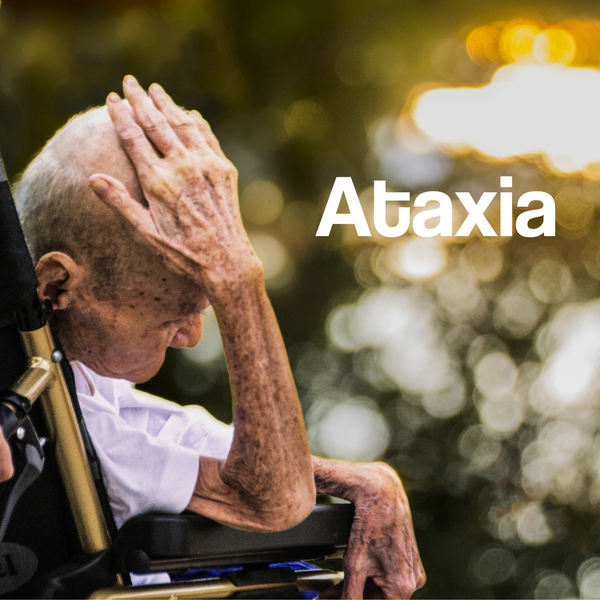Free delivery on orders over £50, only £4.95 under £50
Free delivery on orders over £50, only £4.95 under £50
Welcome to our blog, your one-stop resource for news, features and resources for living life to the fullest. View our articles on the latest mobility products and features with disability bloggers.
Posted by Mike Phipps on December 10, 2018

Ataxia is a term for a group of conditions that affect balance, coordination and speech, with symptoms affecting any part of the body and varying from person to person.
Ataxia can be divided into three broad categories, which are:
Ataxia is usually caused by damage to the brain or nervous system, due to conditions like Multiple Sclerosis, or a head injury, lack of oxygen to the brain or long-term alcohol consumption. However, ataxia can also be hereditary and a faulty gene passed on through families.
People with ataxia may find that they struggle with things like:
Symptoms can vary from person to person, and the severity of these symptoms also depends on what type of ataxia the individual is living with.
Most types of ataxia do not have a cure, however, support treatment and therapy can be effective in helping symptoms. Different types of therapy can include: